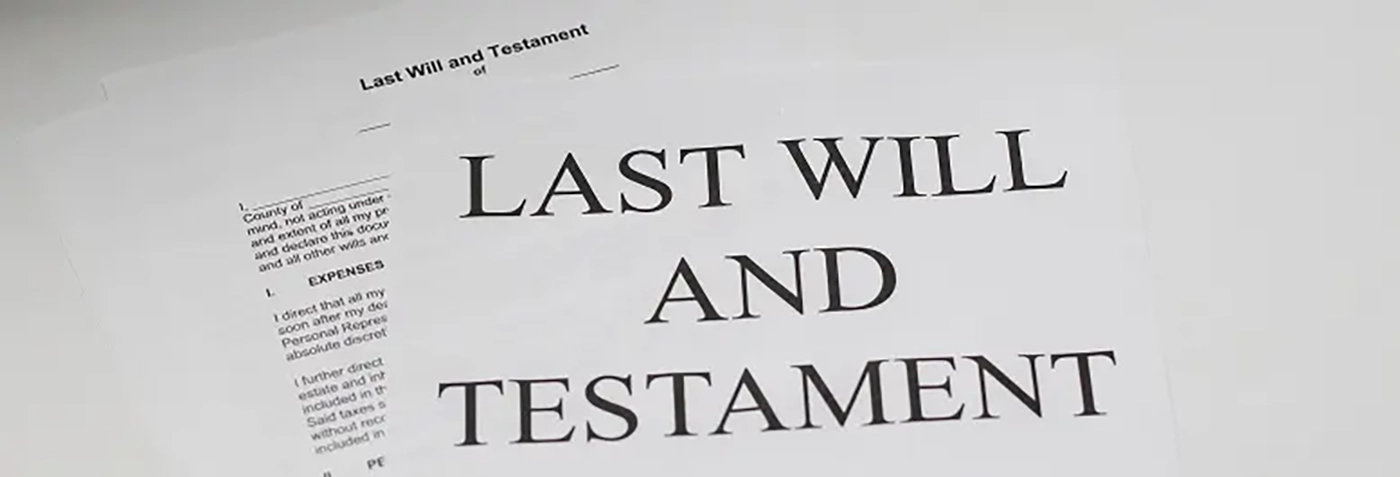Category: Beneficiary Deed
-
As Boomers Retire, the Transfer on Death Deed Comes of Age
Each day, about 10,000 baby boomers reach retirement age. Their recent frustrations, as they’ve grappled with Covid-19, have only accelerated the national jump to retirement. And now, this large cohort of retirees is thinking about getting its financial affairs squared away. Baby boomers still hold the lion’s share of real estate assets in the United States. At some point,…
-

What Happens When Wills and Deeds Conflict?
When a person passes away, the death certificate and last will are submitted to the county probate court. A person representative begins the process of passing assets along as the will directs — except when other valid legal instruments have priority. One of those instruments is the all-important real estate deed. Houses can be left…

